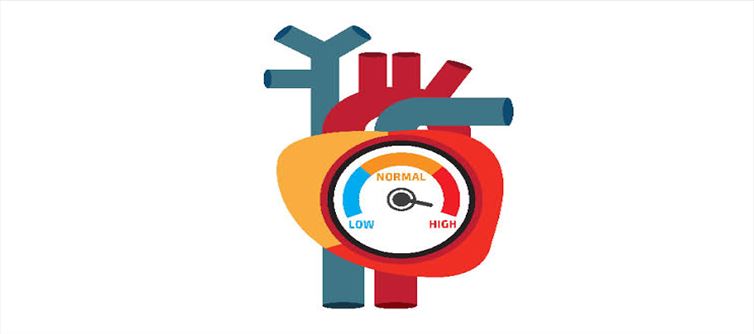
Hypertension, often referred to as high blood pressure, is a persistent medical condition characterized by elevated levels of blood pressure within the arteries. blood pressure represents the force exerted by blood against the walls of arteries as the heart pumps it throughout the body. Hypertension manifests when this force consistently exceeds normal values, typically defined as having a systolic blood pressure of 130 mm Hg or higher, or a diastolic blood pressure of 80 mm Hg or higher.
It's frequently labelled the "silent killer" because it typically remains asymptomatic in its early stages, yet it poses a substantial risk of severe health complications over time. If left unmanaged, it significantly elevates the likelihood of heart disease, stroke, kidney issues, and various other cardiovascular problems. Contributing factors to hypertension encompass genetics, lifestyle choices such as dietary habits and physical activity, obesity, stress, and underlying medical conditions.
Effectively addressing hypertension generally entails lifestyle adjustments, including adopting a heart-healthy diet with reduced sodium intake, regular physical exercise, weight control, and the application of stress-reduction techniques. In certain situations, healthcare providers may prescribe medications to assist in lowering blood pressure.
Maintaining regular monitoring and management of hypertension is crucial to diminishing the risk of complications and enhancing overall cardiovascular well-being. Thus, routine blood pressure assessments and collaborative efforts with healthcare professionals are indispensable for both preventing and managing this condition.




 click and follow Indiaherald WhatsApp channel
click and follow Indiaherald WhatsApp channel